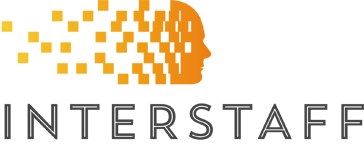

To assist HR teams, we have developed several visa tools below, which you may find helpful when navigating the TSS 482 Sponsorship, Nomination and Visa process. If you have any questions on how the changes impact your business, please contact the Interstaff team on 08 9221 3388 or [email protected]
Standard Business Sponsorship (SBS)
Standard Business Sponsorship (SBS) provides your business a five year period in which it can sponsor Subclass 482 or Subclass 494 visa holders as required. Eligible businesses may wish to apply for priority visa processing and other benefits by upgrading their Standard Business Sponsorship to Accredited status. Here’s our guide on what employers should consider – including how post-pandemic travel has impacted the program.
TSS Visa Tool | The Short and Medium Term Streams of the 482 TSS Visas
The Subclass 482 Work Visa Australia is used by businesses to sponsor eligible work candidates from overseas for temporary work. It is also referred to as the Temporary Skills Shortage (TSS) Visa program.
The program allows visa holders to stay in Australia and work for your business for up to two years or up to four years depending on the applicant’s occupation and whether they are eligible for the 482 Visa Short Term Stream or Medium Term Stream. 482 Visa holders can also bring family with them to work or study and travel in and out of Australia as often as required.
Interstaff | Business Migration
Since 1988, business migration has continued to be our niche and expertise. For 30 years, we’ve been helping businesses successfully engage skilled overseas workers for state and nation-wide projects. Our depth of experience enables us to assist your business and visa applicants with any complex migration issues that may arise.

